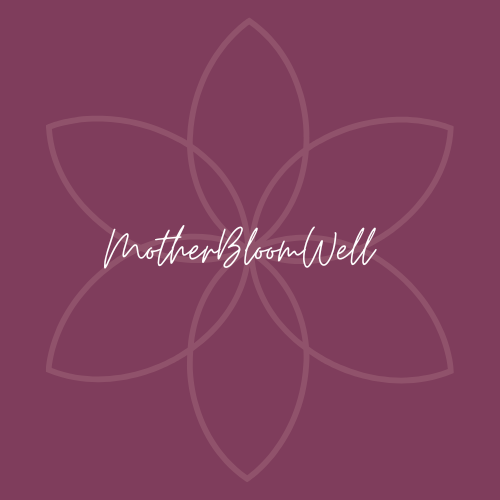Perinatal Risk Factors
Every pregnancy and postpartum journey is unique. While some mothers move through this season with only mild ups and downs, others face more significant challenges. There are many reasons why — and none of them mean you’re failing as a mother. Understanding the risk factors for emotional + mental health challenges in the pregnancy or postpartum period, or a perinatal mood and anxiety disorder (PMAD) can help you make sense of your experience and remind you that what you’re going through is not your fault.
Every mom’s journey into motherhood looks different, and there are many factors that can shape how smooth or how difficult the transition feels. Some of these influences are biological, others are emotional, and many come from the social and cultural environment you’re living in.
Having certain risk factors doesn’t mean you’re destined to struggle — but it can increase your chances of experiencing anxiety, depression, or other challenges during pregnancy or postpartum. By understanding both the risks + the protective supports available, you can be better prepared, more self-compassionate, and quicker to reach out for help if you need it. Here are some of the common factors that might be predictive of a few more perinatal struggles —
Biological & Physical Factors
Personal or family history of depression, anxiety, or other mental health conditions
Hormonal shifts during pregnancy and postpartum
Difficult or traumatic pregnancy or birth experience
Medical complications for mom or baby
Challenges with breastfeeding or feeding
Social & Environmental Factors
Limited support from partner, family, or community
Financial stress or job insecurity
Relationship conflict or lack of understanding from loved ones
Cultural or social pressures to appear as a “perfect mother”
Isolation or lack of access to supportive resources
Psychological & Emotional Factors
High levels of stress during pregnancy or postpartum
Perfectionism, unrealistic expectations of motherhood, or self-critical thoughts
Previous experiences of trauma or loss
Struggles with identity, role changes, or loss of independence
But here’s the good news.
There are also factors that can help mitigate the risks, or protext you from the challenges from feeling worse. Not all risk factors can be controlled, but support makes a big difference.
Some protective factors that can lower the risk of developing significant symptoms include:
Having strong social support from partners, family, or peers
Access to mental health care and supportive providers
Education about what to expect during pregnancy and postpartum
Healthy coping strategies, such as mindfulness, self-compassion, and realistic expectations
Safe, nonjudgmental spaces to talk openly about your experience
Remember —
If any of these risk factors apply to you, they don’t guarantee you’ll struggle in new motherhood — and the absence of risk factors doesn’t mean you won’t. What matters most is recognizing when things feel overwhelming and knowing how to reach out to the help that’s available. With the right support, you can move through your perinatal journey with greater ease and confidence.
That’s why I created my perinatal adjustment resource page for you to learn what you can expect, signs to keep an eye out for, and support options available to you at any time.
Or [Book a Free Consultation →] to explore how I can support your care to safeguard you + your family throughout the perinatal journey.


